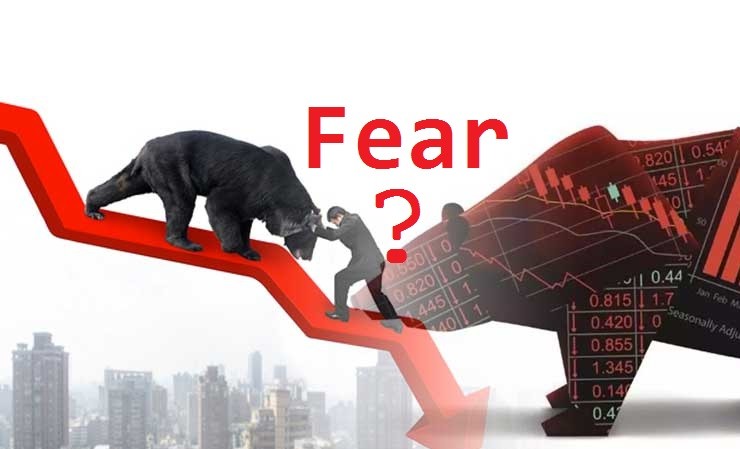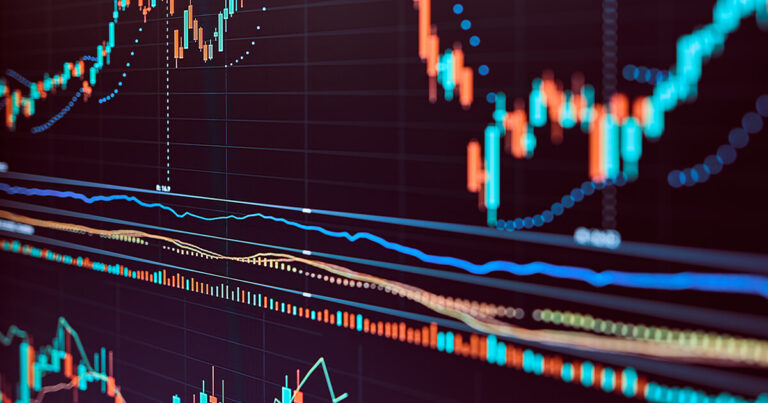 Even with the best technical skills in the forex market, traders always lose. This is because many have technical skills but none to overcome fear psychology.
Even with the best technical skills in the forex market, traders always lose. This is because many have technical skills but none to overcome fear psychology.
Often this fear clouds our Judgments and interferes with our trading strategies leading to massive financial losses and emotional anguishes.
Unless the emotional fears are addressed adequately the trader is bound to suffer and languish in poverty.
4 types of fears
There are 4 types of fears and we are going to look at them and how to overcome them.
1.The fear of losing
Fear psychology often has far-reaching implications on a trader. Fear makes a trader hesitate or unable to follow his plans and trading strategy.
This can lead to trading fear of pulling the trigger on a new entry point or stop loss.
As a trader, you need to stick to your plans and trading strategies to succeed in forex trading.
However, too much fear psychology can make you lose self-confidence and trust in your trading strategy. Consequently, you might lose your self-confidence to effectively trade in financial markets.
Trading fear of pulling the trigger sets in as self-confidence goes down. As a result of fear, you might pull away from trade to avoid the pain of losing at the expense of a possible win.
Following your plans and managing your emotions avoid you financial mistakes caused by fear.
Remember successful traders strictly stick to their plans while putting their fear psychology under control.
Don’t forget that losing is normal in the forex. And the trading fear of pulling the trigger should not interfere with your stop-loss strategy to minimize losses on your capital.
Always face the reality of a potential loss in every trade while controlling your emotions and apply the stop-loss strategy.
2. Fear of missing out (FOMO)
A trader might be engulfed by FOMO fuelled mostly by greed or regret. The trader might have a strong fear of missing on participating in a trade.
FOMO negatively influences a trader to participate in many trades and worse of all including even the bad trade.
Fomo is purely based on the desire not to miss out on an opportunity to participate in every trade as opposed to analysis.
Abandoning your plans due to FOMO effects has serious damages to your finances and mental state.
The consequence of FOMO is blindness to the trader to the possible loss as he believes in the wins to come. Obviously, this is not true and ends up in painful losses
Remember that you don’t have to do trade in every opportunity as more chances will always present themselves in the future.
Relax and be patient in financial trading as you adhere to your trading plans for sustainable profits.
3. Fear of locking in profits
This is fear psychology that affects traders already in a profitable trade. The emotion of losing the profits is so strong that the trader exits the trade quickly.
Consequently, he/she will lose the potential of maximizing profits from the winning trade. The fear of locking profits is the opposite of greed.
Most traders exit a profitable trade quickly while trading fear of pulling the trigger let losses spiral out of control.
Humans often tend to equate gains to self-esteem thus the need to quickly lock in profits just to be a winner.
4. Fear of not being correct
Many traders value the importance of being seen as the guru in financial market analysis instead of treating forex as a business of probability where win and loss are a possible outcome.
The fear of not being correct is associated with one’s ego where the trader has the desire to prove their analysis correct at the expense of making profits.
Fear psychology of not being correct quite often has devastating financial losses and mental anguish.
The ego leads to trading fear of pulling the trigger to cut short losses in losing trades, and exit winning trades quickly hoping to breakeven.
Perfectionists often believe their technical analysis is perfect hence they cannot lose in a trade.
This belief makes a trader forget the possibility of a loss thus surfer deep pains every time they lose in a trade.
You will not be successful in forex trading if the fear of not being correct overrides your minds to stick to your plans. You need to let go of your ego and follow your plans.
Achieving trading objective calls for a good trading strategy and not perfection.
Remember good results are possible over a sustained period, as opposed to having a perfect trade.
Trading without fear

Trading without fear involves eliminating the fear psychology of losing. First, trade only within your loss tolerance limits.
Risking money that you can afford will not develop too much fear within you. Secondly, do not risk more than 1% in every trade. Even if you lose severally the impact will not be huge.
Thirdly, treat forex as a business of probability that requires proper risk management.
Trading without fear involves accepting realities. Do not be afraid because losses are normal in forex trading.
Humans naturally have fear but Successful traders control fear while losers are often controlled by fear.
Trading without fear involves understanding that you do need to participate in every opportunity.
Great opportunities will always avail themselves in the future. As you realize that every trade is not a great opportunity then you will overcome FOMO.
And trading without fear becomes real as the fear of being wrong goes away with the understanding that you cannot always be right.
Nobody is always right in every situation and more so in market analysis.
Finally, trading without fear is not letting emotional fear exit you quickly out of a winning trade. Do not equate your self-esteem with small gains.
Use a trailing stop loss strategy to automatically lock in profits and conquer the fear psychology of losing profits.
Conclusion
You will become successful in forex trading if you learn to control the types of fear psychology and gain self-confidence.
The key to successful trading lies in our abilities to control and manage our emotions while sticking to trading plans.
Overcoming the fear psychology requires great effort and willingness to change.





